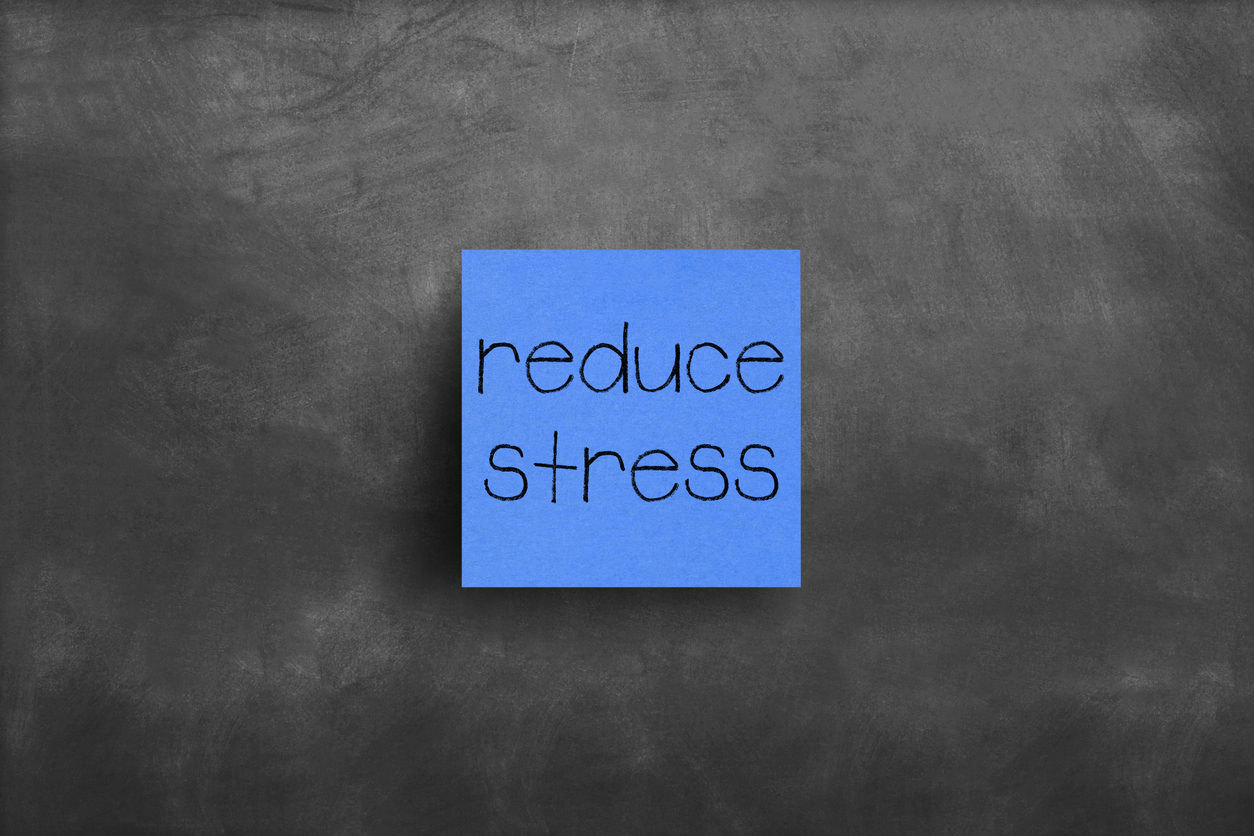Forget horror movies that feature creepy clowns, possessed dolls or chain-saw welding maniacs. In real life, stress is a far scarier thing. It can stalk you for years, waiting in the shadows while insidiously wreaking havoc on your physical and mental health. That was certainly my experience.
Back in 2009, the Great Recession killed almost 200,000 small businesses, including my own boutique public relations firm. It sucked. I had to fire great people. Racked up over a hundred grand in business debt and was on the hook for another $60,000 for a long-term office lease with no escape clause. My solution, which made sense at the time but now seems crazy in hindsight, was to handle the entire client workload by myself for the next four years to pay it off. I worked non-stop. Constantly felt overwhelmed and frazzled. Sleep was a luxury I felt I couldn’t afford. Sure, I kept on exercising most days but that was the only grace I allowed myself. For years.
But apparently everything has a breaking point. Because those years of cumulative stress did a nasty number on me. When I could finally breath again in 2013, I was diagnosed with Crohn’s Disease. That was an ugly time. The symptoms were awful; I literally spent hours each day in the restroom. Was weak, tired and felt depressed. It took a while for doctors to find the right medical treatment. However, I knew that stress was the root cause of the problem and took ownership of the issue. Here are four coping strategies I used to improve my health and well-being:
- Self-care is my top priority. I’m still very busy; my “day job” is serving as Chief Communications Officer of a $2 billion company while also working on a book project, writing articles and delivering my first TEDx talk on topics that help people get unstuck. No matter what lies ahead each day, I start every morning focused on my well-being. That practice includes getting enough sleep at night, listening to a meditative recording within a few minutes of waking up, journaling and then hitting the gym – all before work most days. I take breaks during the work day to walk down hallways and socialize with others and have lunch with friends. At night, I stop checking email and texts two hours before bedtime to give my brain time to wind down.
- Break the cycle of worry. Some families play board games or go camping. Raised by an overprotective Jewish mother, worrying was one of my family’s main hobbies. When Crohn’s Disease caused my energy to plummet, I consciously let go of worrying about things I couldn’t influence. That was really challenging at first. But my executive coaching certification program taught me that people are naturally creative, resourceful and whole, so I didn’t need to spend my energy assuming the burdens of others. It’s been a work in progress but today, breaking the constant cycle of worry has made me much happier.
- Ask for help. Carrying the weight of the world on your shoulders is a recipe for disaster. You break down and then everything else follows. It is so much better to proactively ask for help. Ask for assistance at work, talk to your family and friends about what is stressing you out instead of holding it in and leverage therapists, coaches and other resources to support mental health challenges.
- Create healthy boundaries. I’m part of my organization’s senior leadership team and the nature of my job includes crisis communications. That means I can’t take a complete break from work if something urgent is taking place. But I’ve learned to create healthy boundaries with my work-life integration. On a quiet weekend, I just check email twice a day to make sure nothing important is brewing and know others will call me if I’m truly needed. When I go on vacation, my great team takes over so I can disconnect.
I never would have chosen to get sick with an auto-immune disease. But proactively learning how to decrease stress has been a game-changer. That approach, coupled with great medical care, helped take my Crohn’s into remission in 2017 and made my life better overall.


